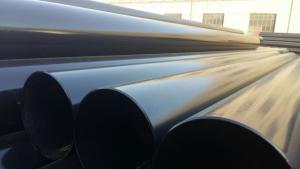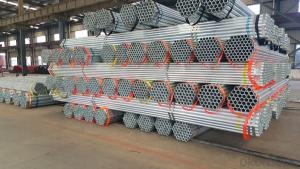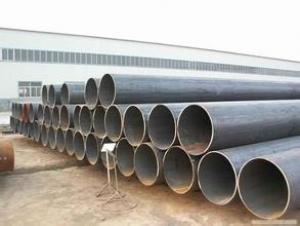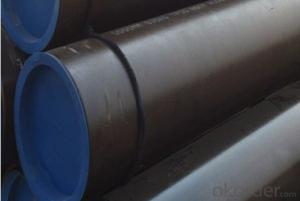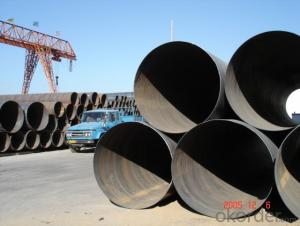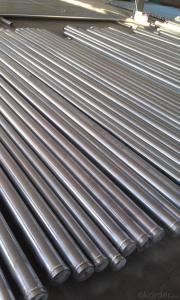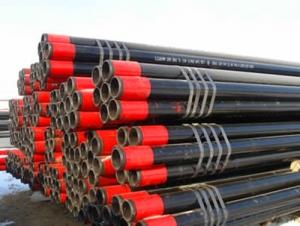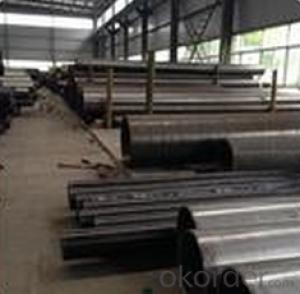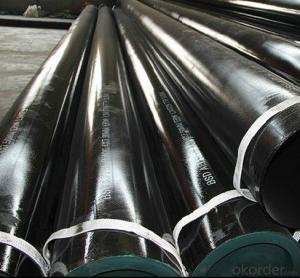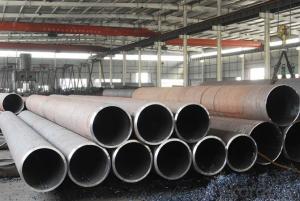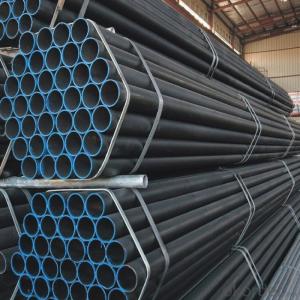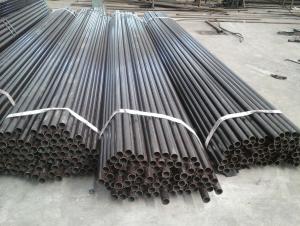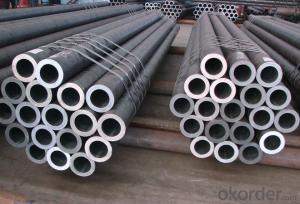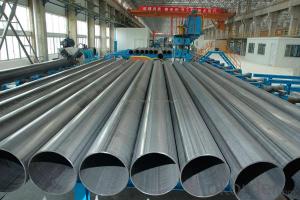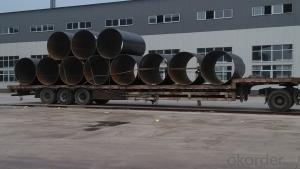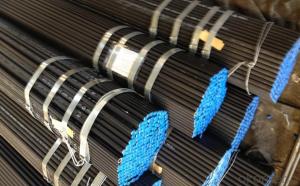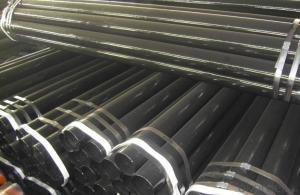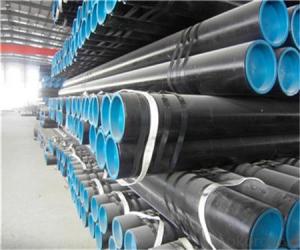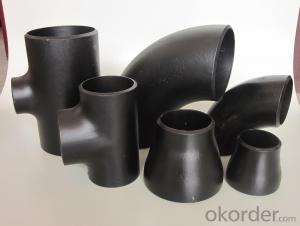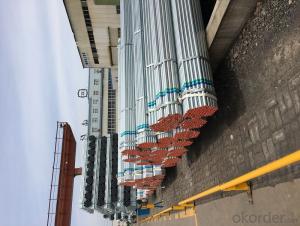All Categories
- - Steel Wire Rod
- - Steel Coils
- - Steel Profiles
- - Steel Pipes
- - Stainless Steel
- - Tinplate
- - Special Steel
- - Steel Sheets
- - Steel Rebars
- - Steel Strips
- - Hot Rolled Steel
- - Cold Rolled Steel
- - Pre-painted Steel
- - Seamless Steel Pipe
- - Welded Steel Pipe
- - Hollow Steel Tubes
- - Galvanized Pipe
- - Stainless Steel Coil
- - Stainless Steel Sheet
- - Stainless Steel Plate
- - Stainless Steel Strips
- - Electrolytic Tinplate Coil
- - Electrolytic Tinplate Sheet
- - Stainless Steel Rebars
- - Solar Panels
- - Solar Water Heater
- - Solar Related Products
- - Solar Inverter
- - Solar Cells
- - Solar Light
- - Solar Energy Systems
- - Solar Controllers
- - Solar Mounting System
- - Solar Pump
- - Solar Chargers
- - Fiberglass Chopped Strand
- - Fiberglass Mesh Cloth
- - Composite Pipes
- - FRP Pultrusion Profiles
- - Fiberglass Mat Tissue
- - Fiberglass Fabrics
- - Fiberglass Mesh
- - Composite Tank
- - Fiberglass Mesh tape
- - Polymer
- - FRP Roofing Panel
- - Fiberglass Roving
- - Monolithic Refractories
- - Ceramic Fiber Products
- - Refractory Bricks
- - Raw Materials For Refractory
- - Suspended Platform
- - Cranes
- - Concrete Machinery
- - Earthmoving Machinery
- - Building Hoist
- - Road Building Machinery
- - Plastic Pipe Fittings
- - Plastic Tubes
- - Plastic Sheets
- - Agricultural Plastic Products
- - Plastic Nets
 All Categories
All Categories
Q & A
What is the difference between HFW (High Frequency Welded) and SAW (Submerged Arc Welded) steel pipe?
The main difference between HFW (High Frequency Welded) and SAW (Submerged Arc Welded) steel pipe lies in the welding process used. HFW pipe is produced by applying high-frequency electrical currents to the edges of a steel strip, resulting in a solid welded joint. On the other hand, SAW pipe involves submerging the welding arc beneath a flux layer, creating a protective environment and producing a more robust weld. Additionally, SAW pipes are typically used for thicker materials and have a higher welding speed, while HFW pipes are suitable for thinner materials and offer improved precision.
Can welded steel pipe be used for refineries?
Yes, welded steel pipe can be used for refineries. Welded steel pipes are commonly used in refineries due to their strength, durability, and ability to withstand high temperatures and pressures. They are suitable for transporting various fluids and gases such as crude oil, natural gas, and petroleum products within the refinery infrastructure. Additionally, welded steel pipes can be customized to meet specific requirements and are cost-effective compared to other alternatives.
How are welded steel pipes protected against external corrosion?
Welded steel pipes are protected against external corrosion through various methods such as applying protective coatings, galvanization, or using corrosion-resistant alloys. These measures create a barrier between the steel surface and the corrosive elements in the environment, preventing direct contact and minimizing the risk of corrosion. Additionally, periodic inspections and maintenance are carried out to identify any signs of corrosion and take appropriate actions to ensure the long-term integrity of the pipes.
Can welded steel pipes be used for conveying steam?
Yes, welded steel pipes can be used for conveying steam. Welded steel pipes are known for their high strength and durability, making them suitable for transporting steam at high temperatures and pressures. Additionally, the welding process ensures a strong joint, preventing leakage and ensuring the safe and efficient transmission of steam.
How is the corrosion resistance of welded steel pipe measured?
The corrosion resistance of welded steel pipe is typically measured using various methods such as salt spray testing, electrochemical corrosion testing, and visual inspection. These tests assess the ability of the pipe to withstand corrosion in different environments and provide a quantitative or qualitative assessment of its resistance to corrosion.
Wholesale Welded Steel Pipe from supplier in Belize
Our team of experts is dedicated to delivering top-notch customer service and ensuring prompt delivery of our products. Whether you need Welded Steel Pipes for construction, infrastructure development, or industrial applications, we have the right products to meet your specific requirements.
We understand the importance of quality and reliability in the welding industry, which is why we only source our Welded Steel Pipes from trusted manufacturers. Our pipes are made using high-quality materials and undergo rigorous testing to ensure they meet industry standards.
In addition to supplying Welded Steel Pipes, we also provide comprehensive technical support. Our team of engineers and technical experts can assist you in selecting the right pipes for your projects, provide guidance on installation, and offer ongoing support throughout the entire process.
We take pride in our commitment to customer satisfaction and strive to exceed your expectations. Our sales team is readily available to provide you with quotes and answer any inquiries you may have. We believe in building long-term relationships with our clients based on trust, reliability, and exceptional service.
Partner with us for all your Welded Steel Pipe needs in Belize, and let us contribute to the success of your projects. Contact us today to discuss your requirements and discover how we can assist you.
We understand the importance of quality and reliability in the welding industry, which is why we only source our Welded Steel Pipes from trusted manufacturers. Our pipes are made using high-quality materials and undergo rigorous testing to ensure they meet industry standards.
In addition to supplying Welded Steel Pipes, we also provide comprehensive technical support. Our team of engineers and technical experts can assist you in selecting the right pipes for your projects, provide guidance on installation, and offer ongoing support throughout the entire process.
We take pride in our commitment to customer satisfaction and strive to exceed your expectations. Our sales team is readily available to provide you with quotes and answer any inquiries you may have. We believe in building long-term relationships with our clients based on trust, reliability, and exceptional service.
Partner with us for all your Welded Steel Pipe needs in Belize, and let us contribute to the success of your projects. Contact us today to discuss your requirements and discover how we can assist you.
